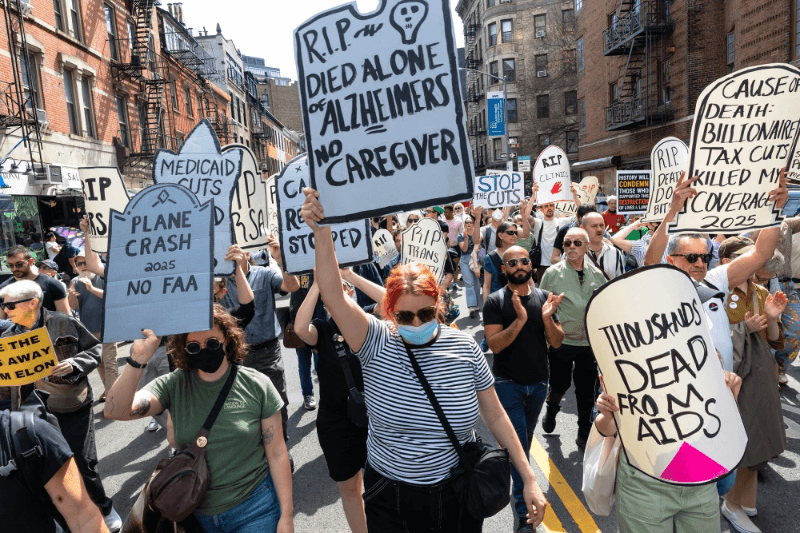
A pall fell over the nation’s public health agencies as the security of thousands of employees melted away beneath them. Employees were advised at the Food and Drug Administration to take their laptops home and keep track of their email messages, for terminations are indeed a harbinger of the drastic intervention into staffing initiated just by Health and Human Services (HHS) Secretary Robert F. Kennedy, Jr.
The restructuring plan, unveiled last week, is aimed at trimming HHS’s workforce by 20000, with 10000 employees set to suffer loss of jobs. This is probably one of the largest upheavals in the history of the department and causes concern on the future of public health programs, disease control measures, and medical research.
Crippling Cuts, All the While Industry Reactions
Kennedy has termed the health department “sprawling bureaucracy” that has done nothing to improve public health while spending a whopping budget of $1.7 trillion annually. The modernization angle of the plan includes some consolidations among major health agencies, particularly the consolidation of SAMHSA and that new umbrella organization Administration for a Healthy America.
Roughly 82,000 federal employees held their breath while a few received ethereally cold letters terminating their employment and confiscating their cards, allowing access to all government facilities. One FDA worker, speaking on the condition of anonymity, forwarded an internal mail to the Associated Press confirming the cuts about to come.
Public Health at Risk?
Critics argued that some of the most important disease prevention programs could be in jeopardy as a result of the layoff decisions. Dr. Anand Parekh, who served as a senior House official and served under Presidents George W. Bush and Barack Obama, doubted the accuracy of the drawn-up standards regarding these attributes. “One would hope there was a thorough analysis behind these decisions,” Parekh remarked. “From a transparency standpoint, it’s unclear how they arrived at this scale of layoffs.”
Among the most severely affected offices was that of Infectious Disease and HIV/AIDS Policy, under which entire teams were put on leave. The advisory committees on vaccine strategy and response to HIV/AIDS have reportedly seen their meetings canceled with immediate effect, further jeopardizing vital health programs.
Dr. Robert H. Hopkins Jr., former chair of the National Vaccine Advisory Committee, cautioned that such cuts would jeopardize critical initiatives in public health. “Public health efforts don’t just stop because a committee is disbanded or an office is hollowed out,” he warned.
State and Local Health Departments Feel the Strain







